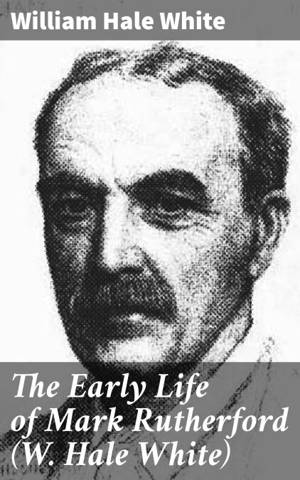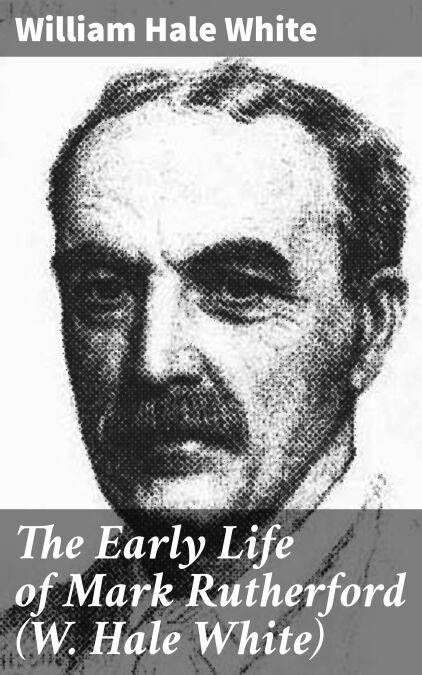
- Afhalen na 1 uur in een winkel met voorraad
- Gratis thuislevering in België vanaf € 30
- Ruim aanbod met 7 miljoen producten
- Afhalen na 1 uur in een winkel met voorraad
- Gratis thuislevering in België vanaf € 30
- Ruim aanbod met 7 miljoen producten
Zoeken
The Early Life of Mark Rutherford (W. Hale White) E-BOOK
A Tale of Inner Struggles and Society's Changes in 19th Century England
William Hale White
E-book | Engels
€ 0,49
Omschrijving
In "The Early Life of Mark Rutherford," William Hale White crafts a semi-autobiographical narrative that intricately melds fiction with introspective philosophy. Through the character of Mark Rutherford, White explores the complexities of faith, doubt, and personal growth in Victorian England. The novel is notable for its stream-of-consciousness style and deeply reflective prose, allowing readers to engage with Rutherford'Äôs emotional and intellectual struggles against the backdrop of an evolving society that grapples with industrialization and religious skepticism. William Hale White, an influential figure in Victorian literature, drew inspiration from his own experiences as a dissenting Unitarian. His personal journey, marked by a conflict between religious belief and rational inquiry, informs the poignant existential themes present in this work. White's literary career also involved a critique of societal norms and an exploration of individuality, elements that resonate throughout the narrative of Rutherford'Äôs formative years. This book is an essential read for those interested in the intersections of faith, philosophy, and personal identity within the context of 19th-century England. White's nuanced portrayal of a man's search for meaning serves as a timeless reflection for contemporary readers grappling with similar dilemmas.
Specificaties
Betrokkenen
- Auteur(s):
- Uitgeverij:
Inhoud
- Aantal bladzijden:
- 338
- Taal:
- Engels
Eigenschappen
- Productcode (EAN):
- 4064066197858
- Verschijningsdatum:
- 10/12/2019
- Uitvoering:
- E-book
- Beveiligd met:
- Digital watermarking
- Formaat:
- ePub

Alleen bij Standaard Boekhandel
Beoordelingen
We publiceren alleen reviews die voldoen aan de voorwaarden voor reviews. Bekijk onze voorwaarden voor reviews.







